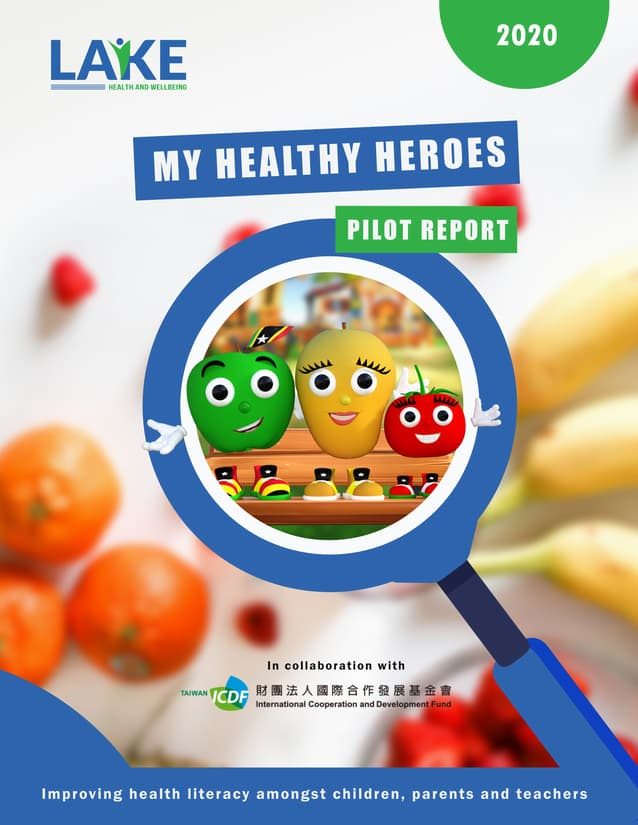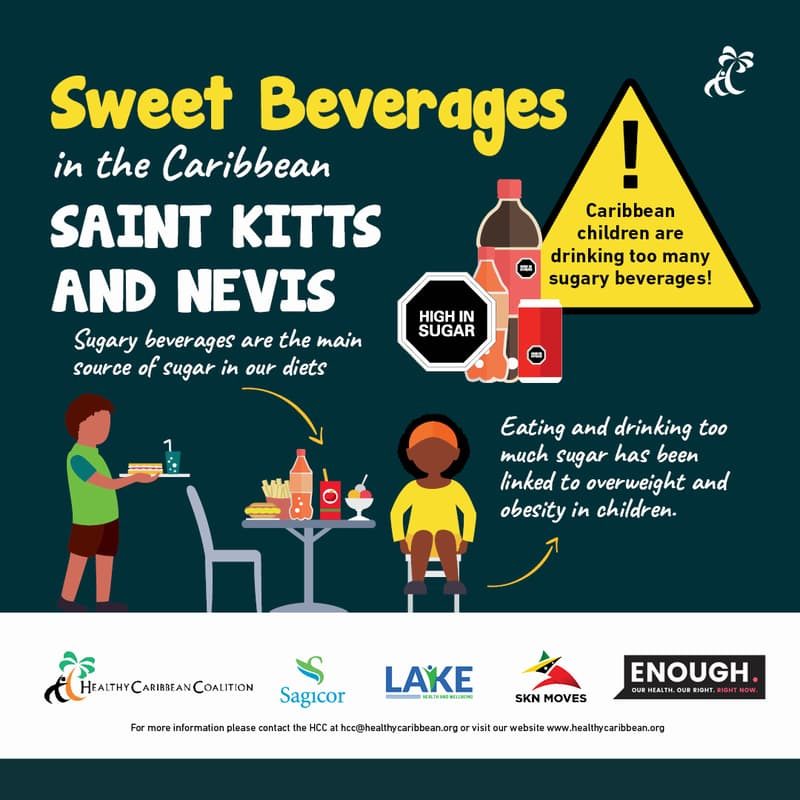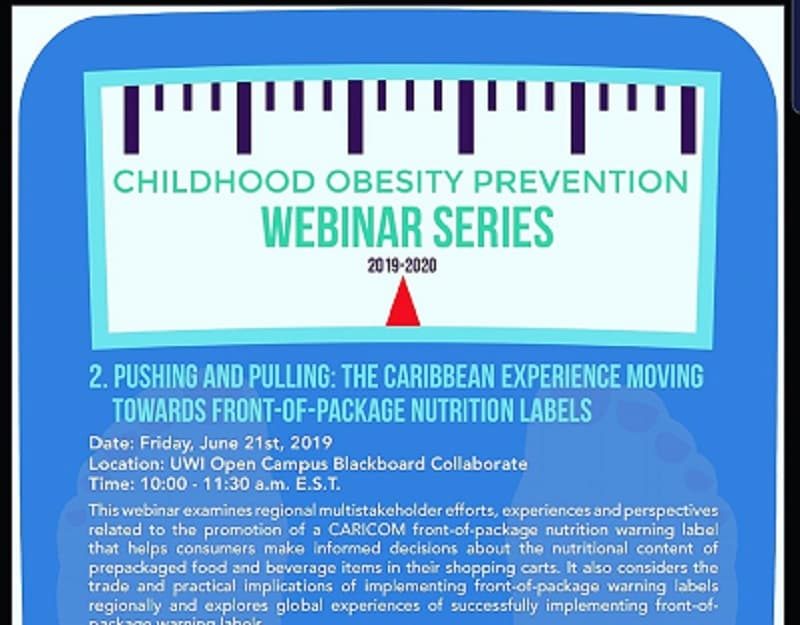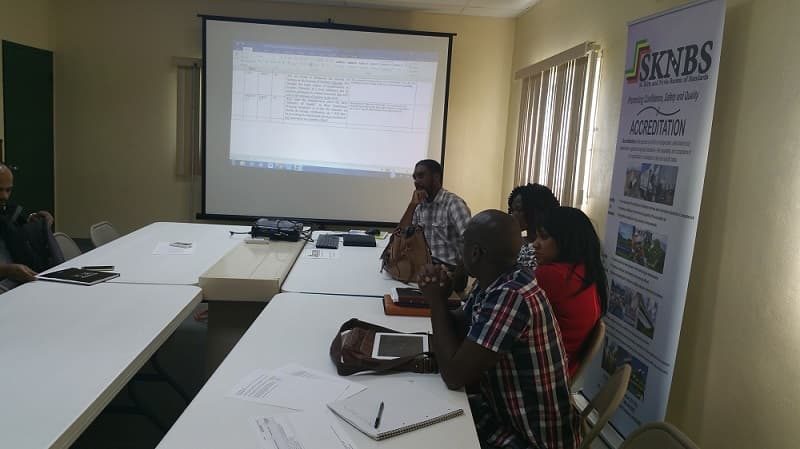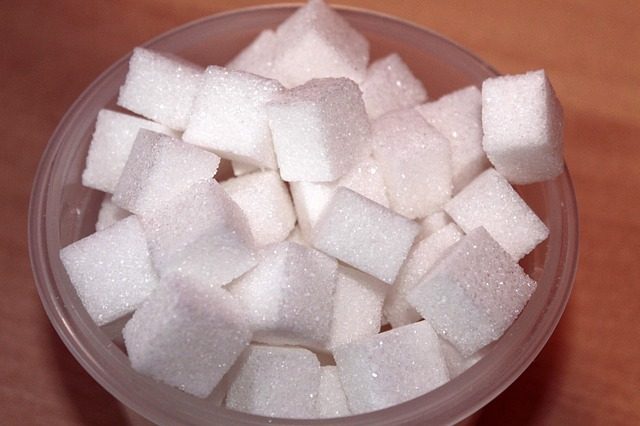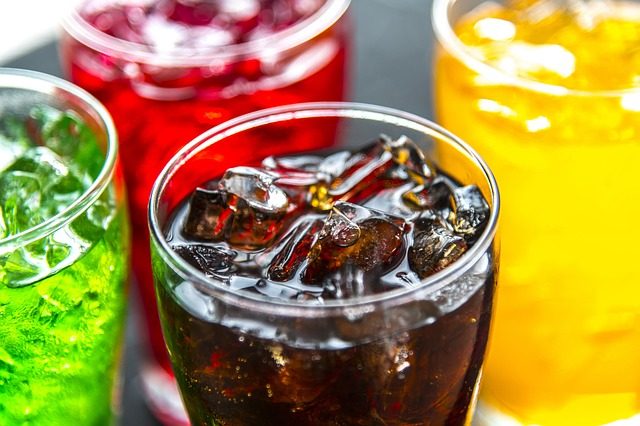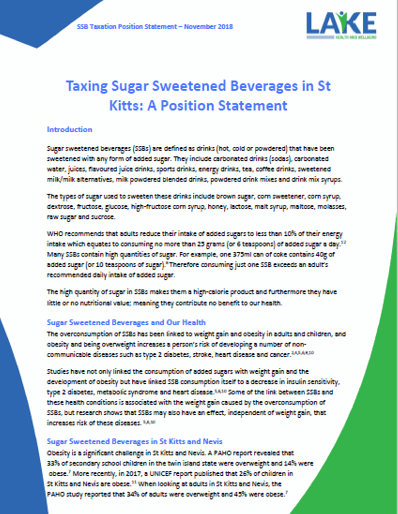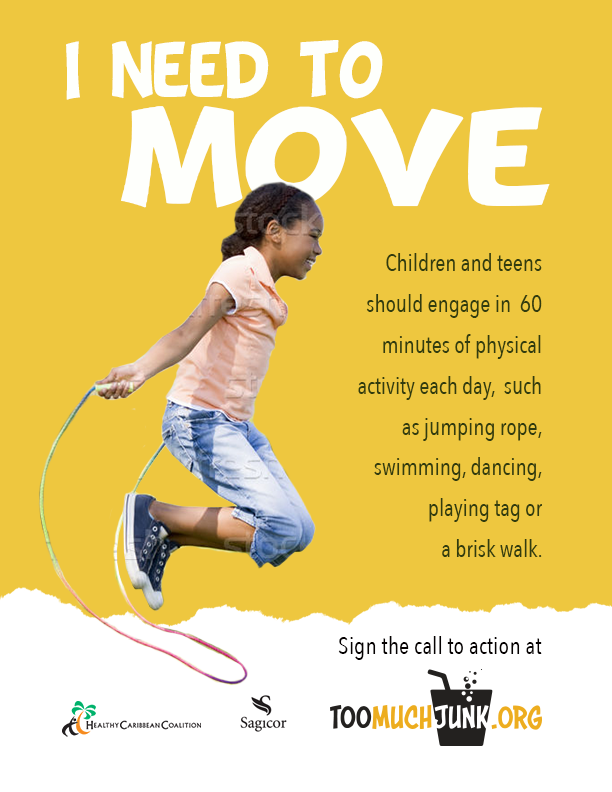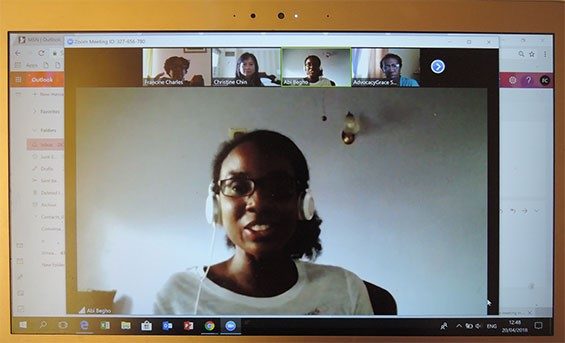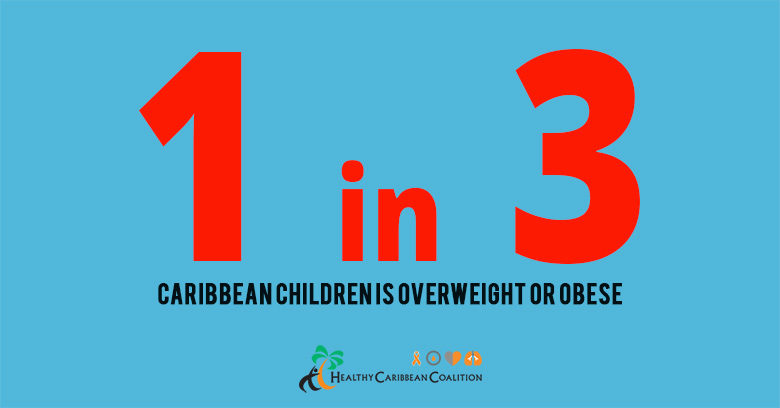We Publish Our My Healthy Heroes Pilot Report
Today, we are delighted to publish the report of our My Healthy Heroes pilot project. This project ran from February to March 2020 and aimed to test our approach to promoting healthy eating in children.
Through our My Healthy Heroes project, we aim to educate and empower children to make healthy choices by tapping into their creativity to highlight the importance of a healthy lifestyle.
Our pilot was important in helping us test our resources and characters (Healthy Heroes, Sugary Drinks Assassins and Junk Food Villains) with children and teachers to see if we could successfully engage children and educate them about healthy eating, and more importantly, facilitate a change in their behaviour.
Although our project ended slightly early because of the COVID-19 pandemic, it was very successful and demonstrated that with a little creativity, we can get children excited about healthy eating, to learn and retain important information about the harms of unhealthy eating, to reflect on their lifestyles, to attempt to change behaviour and to rethink their food choices.
The main lessons learnt from this project were:
- Children accept that they should be eating a healthy diet, but the depth of their knowledge of healthy eating, its benefits and the harms of unhealthy eating is low and therefore means this acceptance doesn’t translate into a change in behaviour or a motivation to eat a healthy diet.
- The major factor that impacts children’s choice of what to eat, if they are given a choice, is taste, but children also recognise that some foods are more accessible and that the significant amount of marketing of unhealthy foods impacts their choices.
- Students’ favourite foods vary. They selected both fast food and home-cooked meals as their favourite foods, and these were selected mostly based on taste. This means there is the opportunity to encourage more healthy eating if parents, schools and vendors explore creative ways to prepare healthy foods that children would deem to be tasty.
- Children and parents overestimate how healthy children’s diets are; in reality, children are not eating a healthy balanced diet. Students are not eating the recommended 5-7 servings of fruits and vegetables, and students are eating more unhealthy foods than they realise.
- Children need constant reminders and nudges to make healthy choices.
- A comprehensive marketing strategy for healthy food is required to compete with the marketing of unhealthy foods.
- Creative approaches are needed to engage children and educate them on healthy eating. Our project has shown characters that children can relate to and are considered ‘cool’ will be effective at reaching children and creating an intention to change their behaviour.
- Parents need support regarding time, knowledge and ability with healthy food preparation, and schools can compensate by ensuring there is a healthy environment in schools—healthy breakfast, lunch and snacks available in and around schools.
- Healthy eating should be a core part of the curriculum in school and go beyond conveying simple facts; the approach should be interactive to create a long-lasting change in attitudes and behaviours towards food.
You can download our full report below to find out more about this project. In the meantime, we will be using the learnings from this work to develop this project further.
We would like to thank the Taiwan ICDF for funding this work and providing invaluable advice and support throughout this project.







